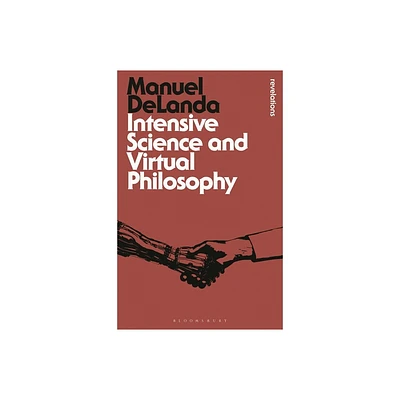Home
The Philosophy of Revelation
Loading Inventory...
Barnes and Noble
The Philosophy of Revelation
Current price: $35.00


Barnes and Noble
The Philosophy of Revelation
Current price: $35.00
Loading Inventory...
Size: Paperback
*Product Information may vary - to confirm product availability, pricing, and additional information please contact Barnes and Noble
In addition to exegetical, biblical, and systematic theology, there is room also for a philosophy of revelation which will trace the idea of revelation, both in its form and in its content, and correlate it with the rest of our knowledge and life, writes the author, one of the most distinguished Reformed theologians of the twentieth century. Theological thought has always felt the need of such a science.
Thus Philosophy of Revelation, first published in 1909, is part of the same discipline and heritage as James Orr's 'The Christian View of God and the World' (1893) and Gordon Clark's 'A Christian View of Men and Things' (1952).
Bavinck deals with the relationship between revelation and (in chapters 2-3) philosophy, (4) nature, (5) history, (6) religion, (7) Christianity, (8) religious experience, (9) culture, and (10) the future. He contends that the word cannot be explained without God, that the natural and social sciences presuppose metaphysics, and that none of the subjects under consideration here is intelligible or meaningful apart from special revelation.
Thus Philosophy of Revelation, first published in 1909, is part of the same discipline and heritage as James Orr's 'The Christian View of God and the World' (1893) and Gordon Clark's 'A Christian View of Men and Things' (1952).
Bavinck deals with the relationship between revelation and (in chapters 2-3) philosophy, (4) nature, (5) history, (6) religion, (7) Christianity, (8) religious experience, (9) culture, and (10) the future. He contends that the word cannot be explained without God, that the natural and social sciences presuppose metaphysics, and that none of the subjects under consideration here is intelligible or meaningful apart from special revelation.




![The Philosophy Tree [Barnes & Noble Exclusive]](https://prodimage.images-bn.com/pimages/0853793001002_p0_v1_s600x595.jpg)












